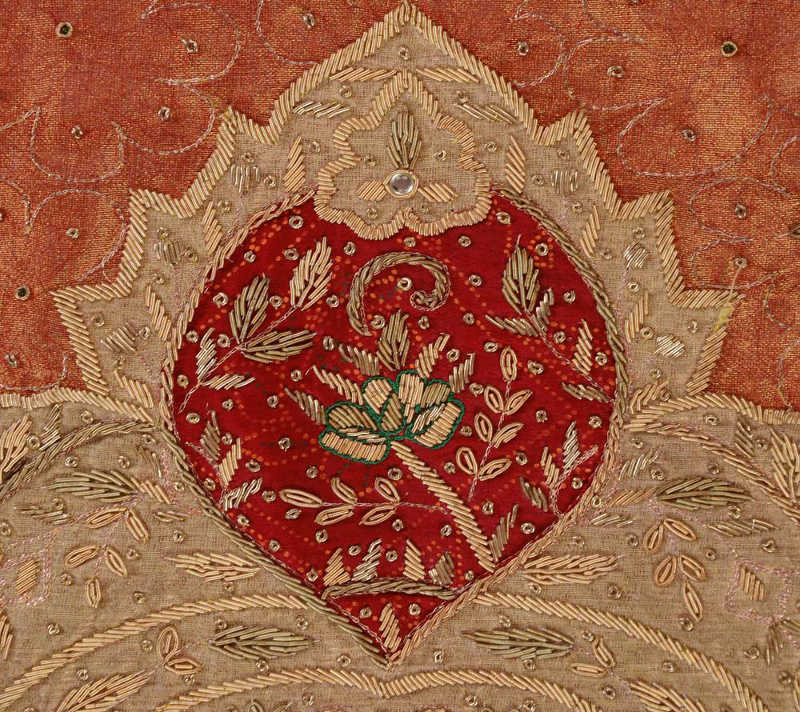===
0378,
6
===

=== |
 |
pār : 'Over, across, on or to the other or further side, through, beyond'. (Platts p.216)
FWP:
SETS
MOTIFS == ARCHERY
NAMES
TERMS == WORDPLAYFor discussion of this verse as part of an excellent 'double-ghazal', see {377,1}.
Could the pitiless drawer-out of the arrow be the beloved herself? Perhaps she is salvaging an arrow for reuse, once the prey is already mortally wounded. Or perhaps she is deliberately denying to the lover the chance to cherish the agony/ecstasy of her arrowhead in his heart-- what could be more pitiless than that?
The speaker seems to mystically 'hear' the sound of the sigh, echoing in his own inner self-- or rather, 'through, beyond' it (see the definition above). For he is not the one heaving the sigh (the one with the arrow being drawn out of his heart), as the second line makes clear. Nor is he near enough to physically hear the sound, since he has no knowledge of the details, but can only guess what must have happened.
Note for grammar fans: Why did Mir say hotī hai rather than jātī hai ? Perhaps he wanted the effect of echoing or lingering, rather than evoking the swift straight movement of an arrow.